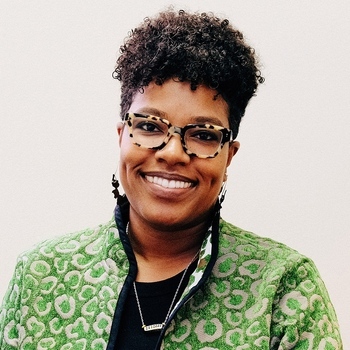
Angelika Lewis
Introduction
You may be feeling overwhelmed, emotionally stuck, or carrying experiences that are difficult to put into words. Therapy can be a space where you feel supported as you begin to explore what you’ve been holding inside. I work with children, adolescents, adults, couples, and families navigating anxiety, depression, trauma, self-esteem concerns, and identity-related stress. I believe therapy is a collaborative process rooted in safety, trust, and compassion. My goal is to create a nonjudgmental space where clients feel comfortable being themselves and exploring their thoughts, emotions, and experiences at their own pace. I have training in behavioral and psychodynamic modalities such as ACT, DBT, ERP, relational-cultural, and narrative therapies, and I tailor my approach to the unique needs of each client and family. I am mindful of how culture, identity, and lived experiences shape the way we understand ourselves and our mental health. I strive to offer care that feels thoughtful, affirming, and grounded in respect. If you’re looking for a therapist who values curiosity, connection, and authenticity, I invite you to reach out.
Highlights
- Accepting new clients
- Available on nights
- In-person & telehealth appointments
- Accepts online payments and insurance
Specialties
Additional focus areas
Treatment Approaches
Population focus
Appointment types
- Individuals
- Couples
- Families
Communities
-
LGBTQIA+
-
Racial Justice/Equity
-
Lesbian, Gay, & Bisexual
-
Trans & Non-Binary
Age groups
-
Toddlers (under 6)
-
Children (6-12)
-
Teenagers (12-18)
-
Young Adults (18-24)
-
Adults (24+)
-
Elders (65+)
Languages
-
English
Pay with insurance
-
Aetna
-
Anthem
-
Cigna
-
Blue Cross
-
BlueCross and BlueShield
-
Blue Shield
Pay out-of-pocket
-
Fee Description $150
Locations
FAQ
